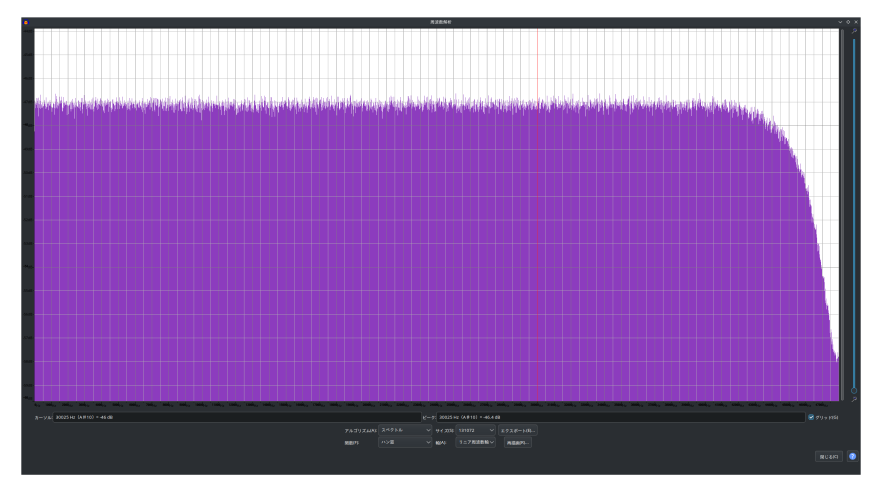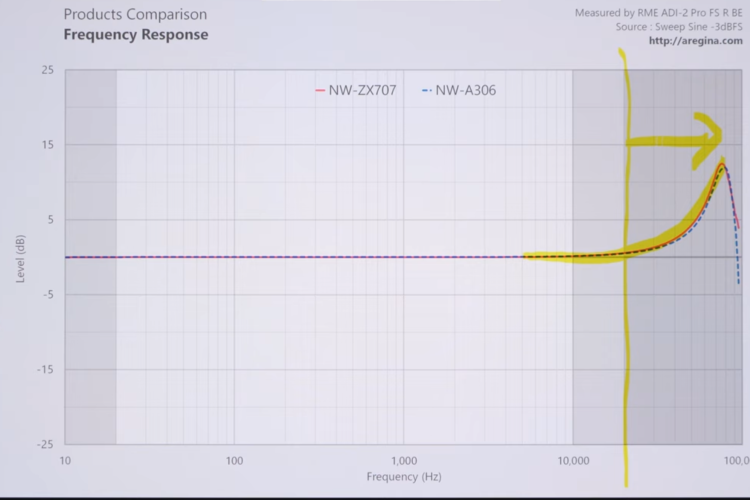Firstly, once upon a time Audio Engineers of all types used to contribute regularly to the audiophile world, because of course pretty much every audio engineer is an “audiophile” in the literal sense. However, the number willing to engage with the audiophile community has gradually reduced to almost zero, as they were systematically forced out by marketers with an opposite agenda to the science/facts and those zealots entirely suckered by it. For several decades now, engineers have viewed the audiophile community as just a bunch of deluded nutters who get upset and aggressive when presented with actual facts, so they just avoid it. With very few exceptions, the only engineers who do engage with the audiophile community, typically do so in the role of marketer (rather than engineer) and therefore need to perpetuate at least some of the audiophile myths. So audiophiles cannot now demand engineers to contribute when they’ve spent decades deliberately discrediting and flaming them!!
Secondly, why keep repeating the same falsehood over and over, even after it’s not only been refuted but clearly and obviously refuted? The very previous post to yours demonstrated that a hardware difference did not “make a difference” and blind testing was not even mentioned let alone repeated ad nauseam. However and YET AGAIN, if you wish to prove/demonstrate something is audible, then obviously a reliable/accurate (scientific) test of audibility is required, rather than an unreliable/inaccurate and unscientific test. And in a Sound Science discussion forum it does not require even average education or intelligence to figure out which is acceptable and which isn’t!
Engineering is the application of science and science is not a “viewpoint”, how many times? An engineer cannot be an engineer if they do not accept scientific theories!
But that is simply not true, they did NOT “found out” these components can have a big impact on sound quality! Not measuring (or measuring without understanding magnitude) and just using sighted impressions instead is NOT “finding out” because that does not rule out numerous other possibilities (such as perceptual biases, etc.) and therefore is pretty much the opposite of “finding out”!
Then don’t make untrue/false statements such as your previous sentence!
No, it’s not! Or more precisely, it is quite deep but was COMPREHENSIVELY figured out by the 1880’s, because audio technology relies on classical physics. You could potentially argue the (effective) law of thermal noise or principles or digital audio (which is applied mathematics rather than pure physics) which were calculated in the first half of the 1900’s but even so, it’s still a rabbit hole figured out over 70 years ago. The real rabbit hole is the magical, irrational nonsense cooked up by the audiophile community!
You’re just repeating the same fallacious argument, even after it’s been addressed more than once already! No one disputes there is a difference, indeed quite the opposite, as this is a science discussion forum and the scientific laws of physics demands that there must be a difference. The laws of thermodynamics require that random noise must be created in an analogue circuit and by definition of being “random” there will always be a difference, even with the exact same equipment, test signals and all other variables. So AGAIN, that is not the question/s and the actual questions have already been stated/explained, along with an example of how/when different components could not possibly make a different to what we hear.
You hope we are beyond the actual facts/science? Apart from myths, lies or delusions, what is beyond the facts/science?
How do you think sound is produced by your speakers/HPs if it is not measured?
Oh dear, that’s priceless! Is it really possible that an engineer (as you’ve claimed) does not understand the basics of statistics? What about when it’s explicitly explained in the very next paragraph after the data you quoted?!
The probability of that result of “Counterpoint vs NAD” occurring by pure chance was 5.6% (roughly 1 in 20), however that is ONLY if you fallaciously take that result in isolation. If you take it in the context of the whole test, then a single result of 1 in 20 being due to complete chance is not only plausible but actually probable! So “No!”, they did not “seemed pretty different” at all!
Furthermore, not only did you fail to understand that particular result you cited but you seemed to have focused on that one point and missed the rest of it, the whole point of the test! Namely, that not only vastly different price points but even topologies that are pretty much as different as is possible in the world of audio amps were not audible. So what rational conclusion are we left with other than you’re either: Not an engineer as you claimed but just a zealot “arguing from ignorance”, or that you actually are an engineer but are deliberately misrepresenting the facts and attempting to deceive others?
G























